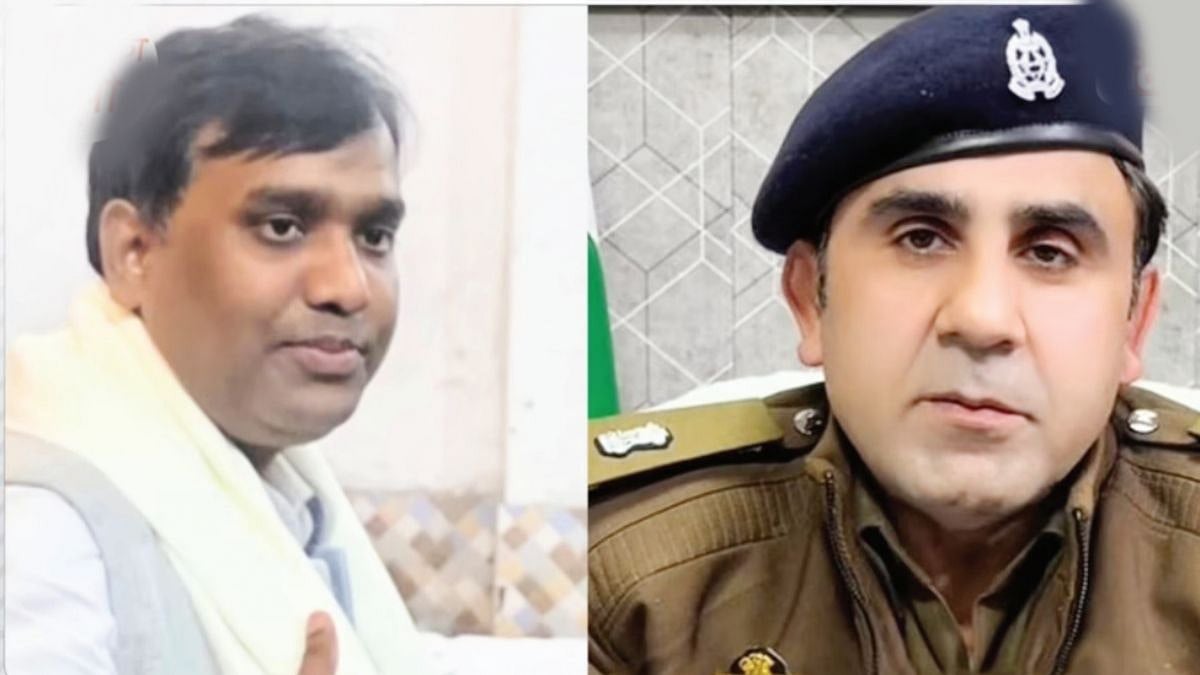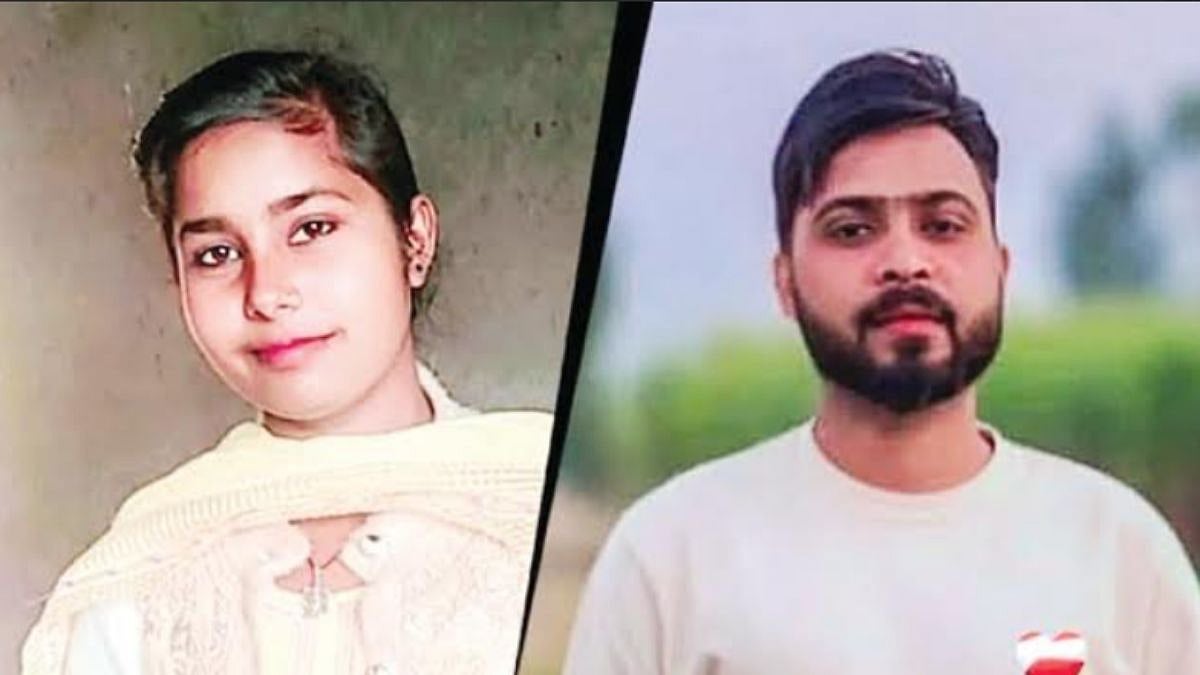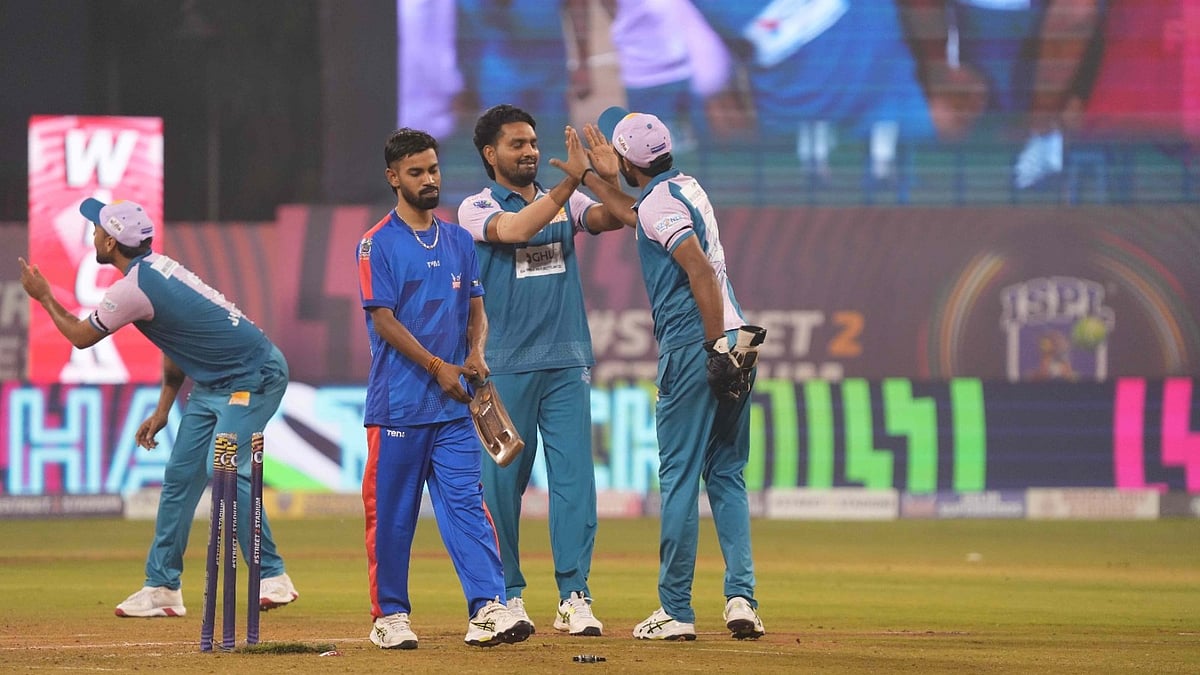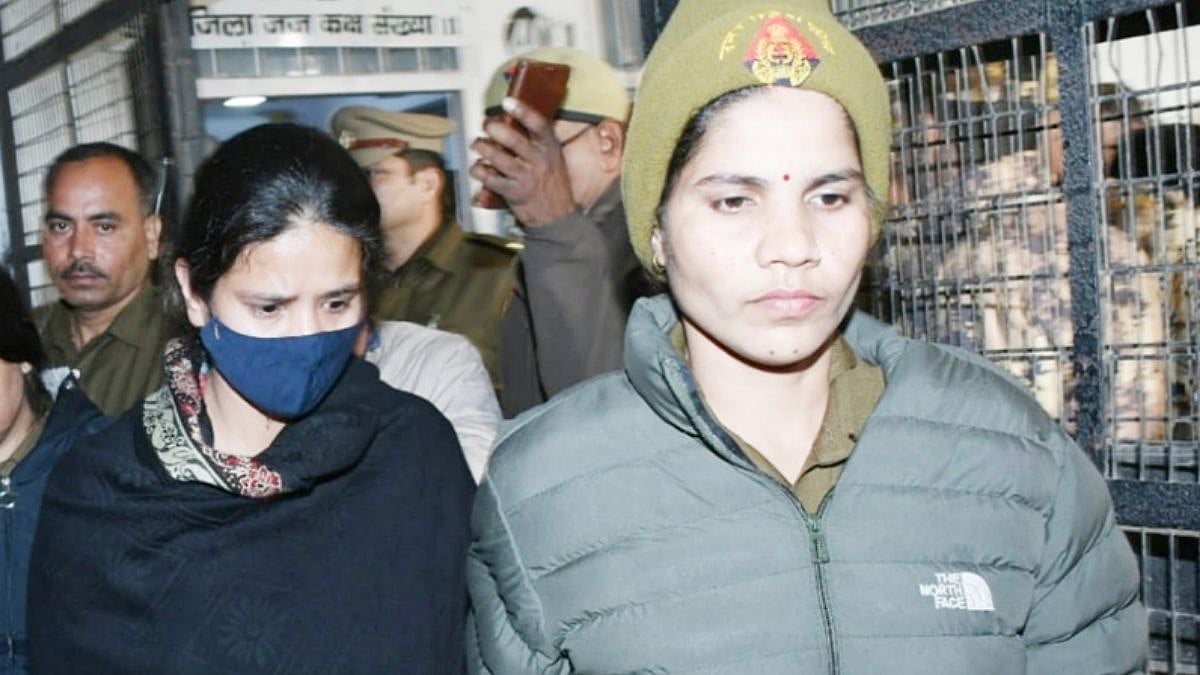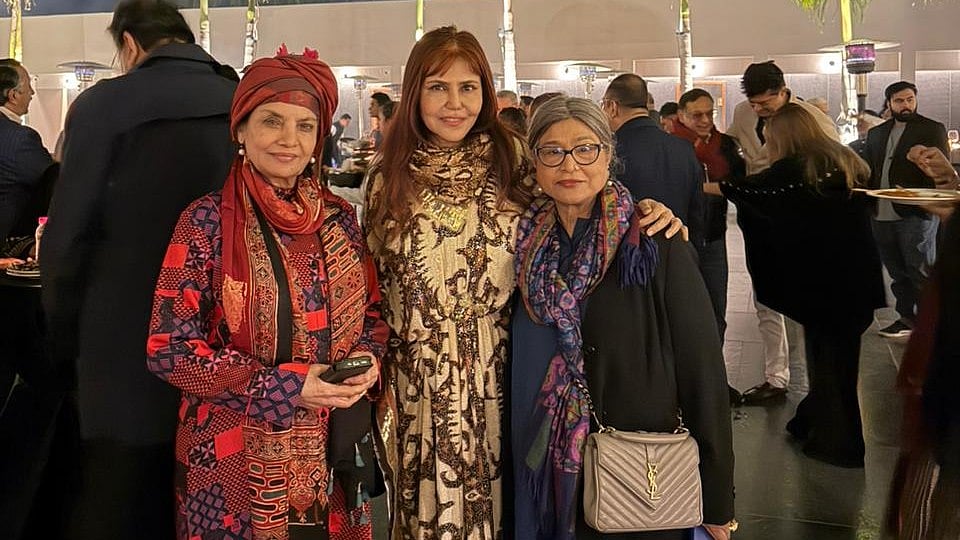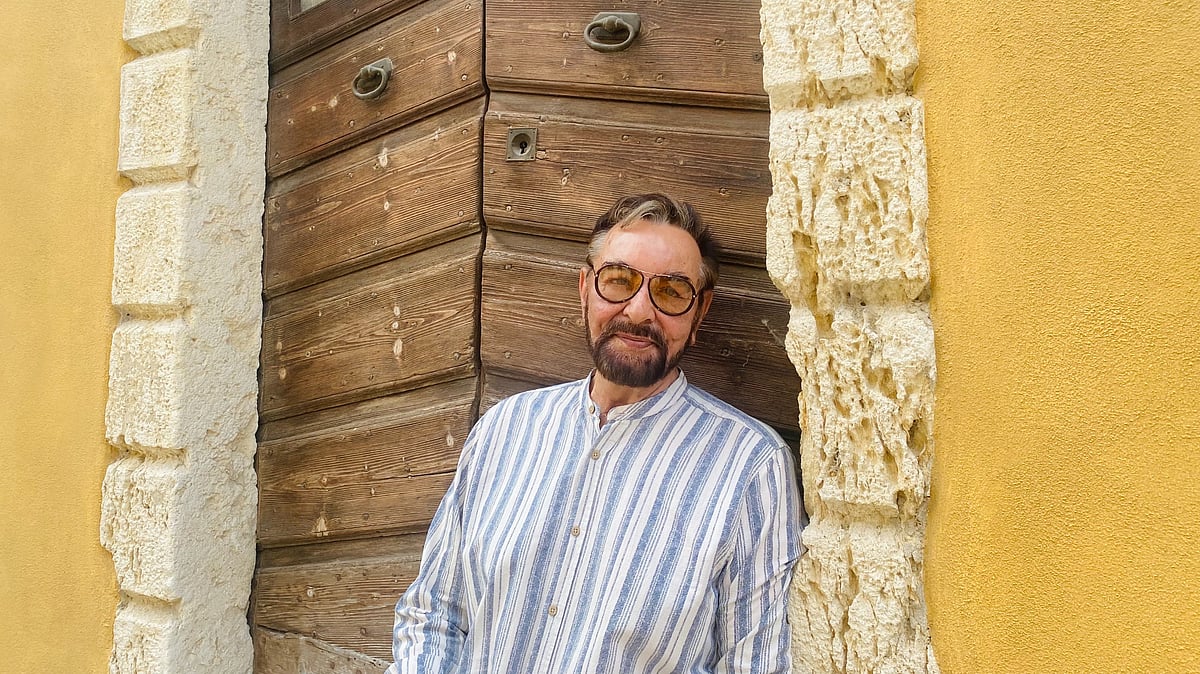Ank Theatre Group’s Jis Lahore Nahi Dekhya O Jamyai Nai recently completed a 400-show run, a rare milestone for a play. Designed and directed by Dinesh Thakur, it opened in January 2003 and has packed full houses even in Singapore and Dubai. Rajkumar Santoshi’s next film, Lahore, 1947, produced by Aamir Khan and Kiran Rao, with Sunny Deol in the lead, is also based on Asghar Wajahat’s script written in the ‘80s.
Wajahat, whose family stayed back after the Partition following assurances by Maulana Abul Kalam Azad that liberated India would be a secular country where Muslim citizens would have equal rights, heard this true story from a family who had migrated to Pakistan. Set in 1947, his play, Jis Lahore Nahi Dekhya O Jamyai Nai, revolves around an elderly Hindu woman, who in the wake of the communal riots, is anxiously waiting in her home in Lahore for her son to come with a vehicle to ferry them across the border. He doesn’t return, but four strangers move in.
A Muslim couple who had a flourishing chikankari business in Lucknow, has shifted across the hastily-drawn LoC, with their two children. After an uncomfortable stay in a refugee camp, they’re allotted this house by the custodians of law who believe it to be unoccupied. However, there is an old Hindu woman who is already staying in the same house. A local Pahalwan is roped in to evict the old woman. But the frail 70-year-old manages to win over not just the family she’s forced to share a roof with, introducing them to the Lahore she has known all her life, but also her Muslim neighbours and even the maulvi, much to the disgruntlement of the local goon who had hoped to unearth hidden gold in the house. And then, she dies...
“Habib Tanvir had directed the first show for Shri Ram Centre Repertory in New Delhi. He later produced the play under his banner, ‘Naya Theatre’, which included folk artists. I saw it when he came to perform it at Mumbai’s NCPA with his group. Since then, it has become a favourite with all theatre groups, including Ank, Ekjut, Yatri and IPTA,” shares Preeta Mathur, President of Ank.

Disturbed by the Godhra riots in 2002, Dinesh Thakur decided to stage it to underline that the Partition, the biggest displacement of population in world history, which had divided a country, could not divide its people. “Despite self-serving political goons like the Pahalwan who foster communal hatred, insaniyat (humanity) is bigger than any religion,” asserts Preeta, admitting that to begin with, she was reluctant to play the old woman as she was decades younger. “But Dineshji reasoned that if we took an established name, we would have to replace her after every few shows because of her packed schedule. Since then while the rest of the cast has changed, I’ve remained a constant.”

Thakur also had lyricist Nida Fasli pen some songs, set to music by Kuldeep Singh. “Main tha apne khet mein, tujho bhi tha kaam, teri meri bhool ka raja ban gaya kaam,” Preeta recites, pointing out that such musical gems give the play an innovative touch and a universal appeal, with NRIs crowding shows abroad and local groups performing it in Pakistan.
Jis Lahore Nahin Dekhya... starts with slides of the Partition and ends with images from the Matunga train blasts, the Taj Hotel and Twin Towers terror attacks, even the Godhra riots. “When we had a show in Ahmedabad for the first time, we were afraid memories of Godhra might upset people there, but the reaction was as overwhelming as anywhere else,” recalls Preeta, who has improvised too, bringing the curtains down with a rendition of the INA national anthem, “Shubh sukh chhain ki barkha barse, Bharat bhag hai jaga”, based on Rabindranath Tagore’s poem, Bharato Bahagyo Bidhata. “After India got independence, this song was played on August 16, 1947, when Jawaharlal Nehru unfurled the tricolour and addressed the nation at the Red Fort. Even today, it has the audience up on their feet.”
On the subject of the film, she shares that Govinda Nihalani had the rights to the story earlier. “When his film did not materialise, Rajji bought the rights from him. It’s been his pet project for years. He will make it on a huge canvas, presenting a much bigger picture of the human tragedy that divided our sub-continent. Meanwhile, we will perform it. There’s a show on December 22 hosted by Rotary Club of Thane Premium, followed by others in Mumbai, Delhi and Amritsar next year. This story of love in the midst of hate is not going to fade away from public memory,” she promises.


